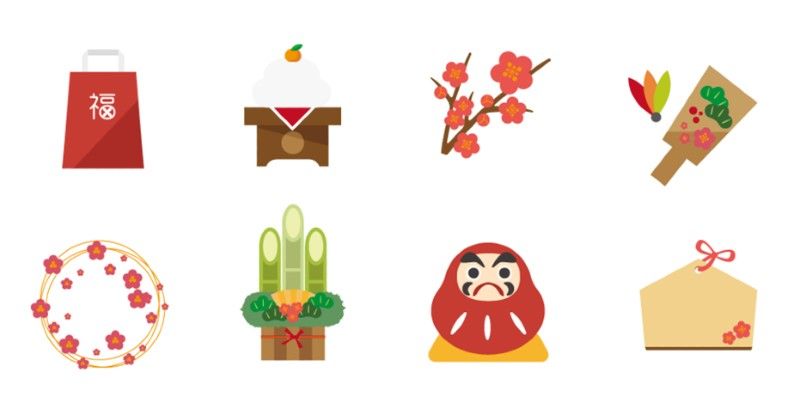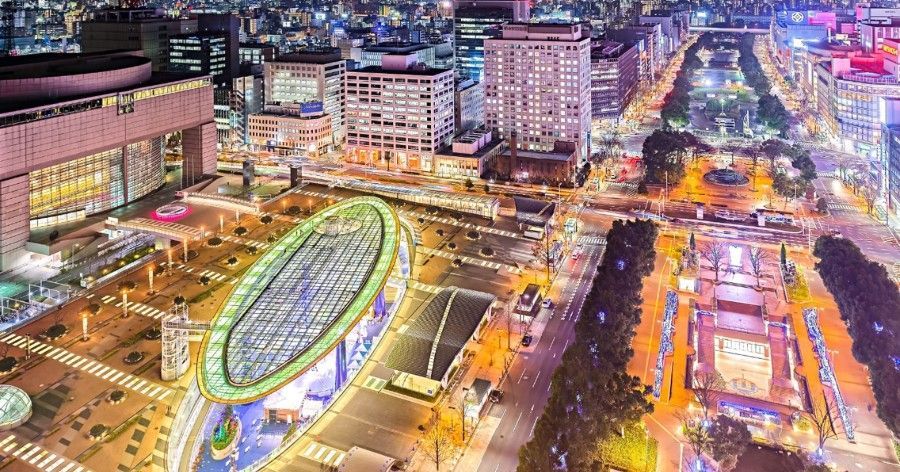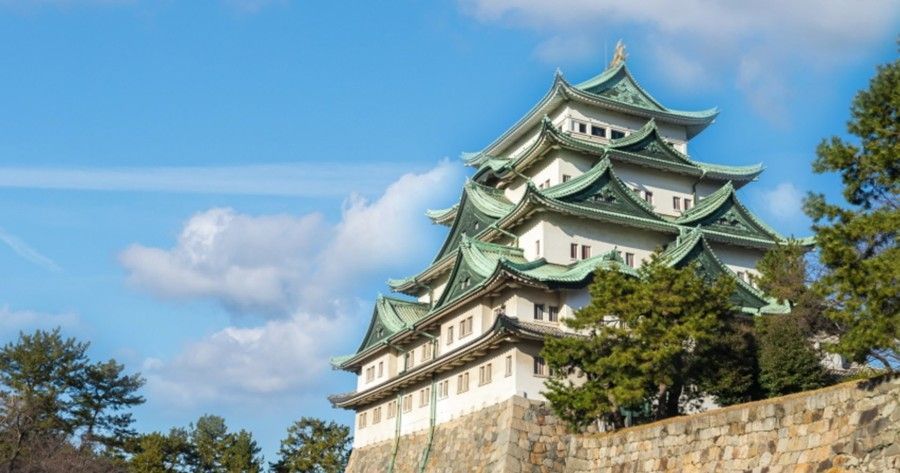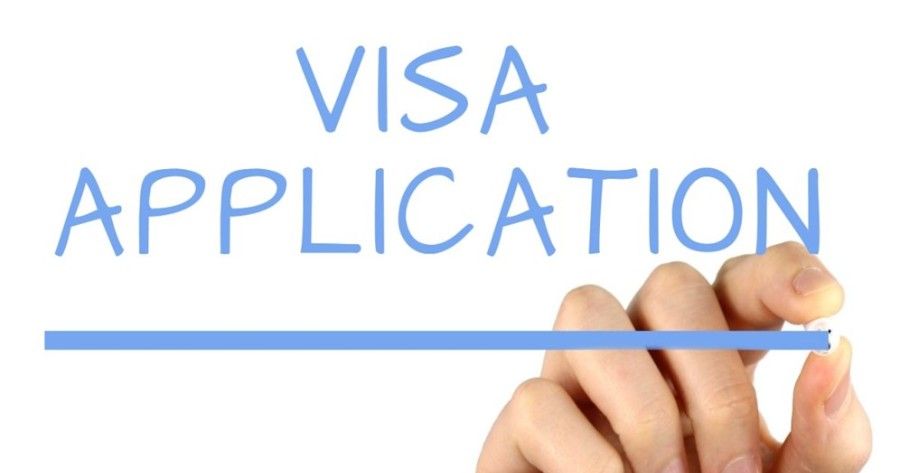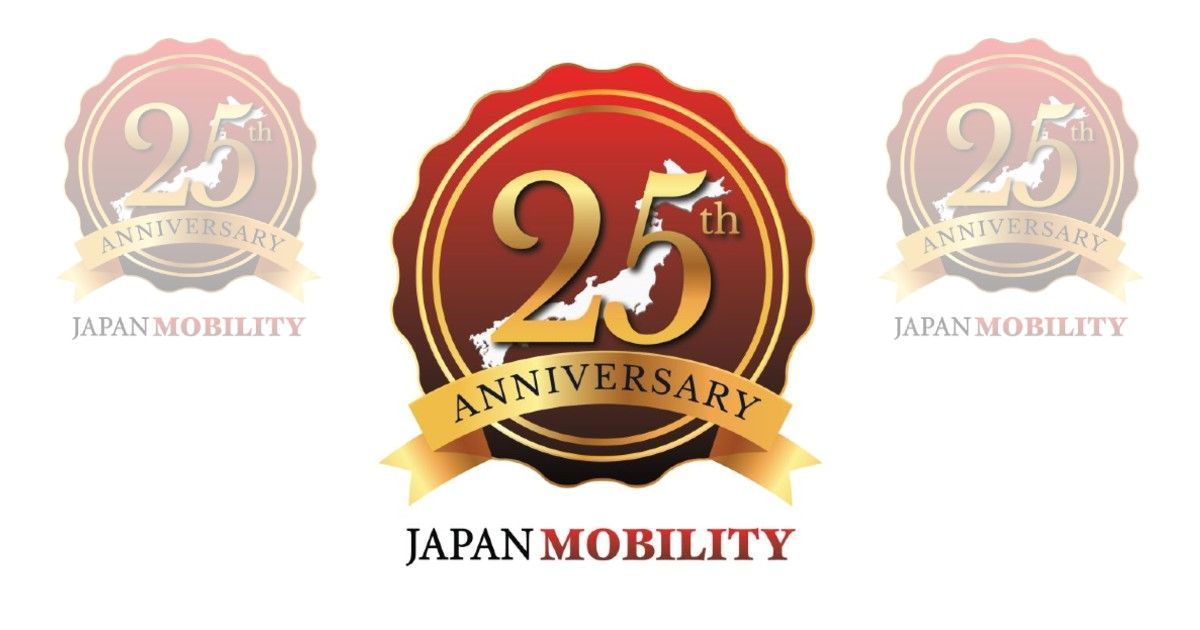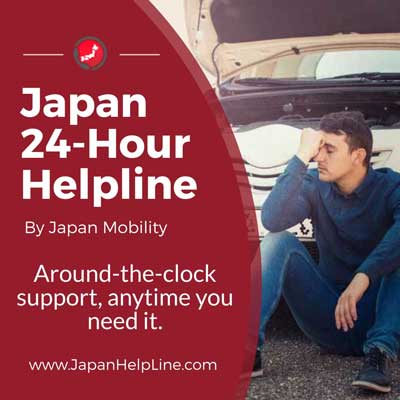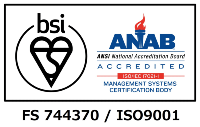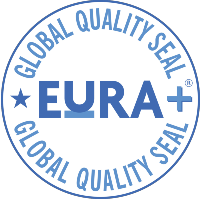About Hospitals in Japan
Trying to navigate the hospital system in Japan can be confusing for newcomers. Structures may be different than what you are used to at home, and the availability of English support may be limited in some areas. To help you feel more at ease in the world of Japanese Healthcare, here are a few frequently asked questions that are common among incoming expats:
(1) How can I find a General Practice Doctor (GP) during my stay?
A: Unlike many western countries, it is not common for Japanese citizens to have a designated family doctor that they visit in all cases of illness or injury. Clinics are generally separated into designated specialties with patients making their selection based on their current symptoms or desired services.
(2) How can I know which department is right for me?
A: Although situations will vary, the list below is a good place to start for determining the type of clinic to visit. Here is a general description of the more common departments and how they can assist you.
- Internal Medicine (Naika 内科): Regular check-ups, illness (cold, flu, etc.) **This department is generally for adults.
- Pediatrics (Shonika 小児科): Varies (Some clinics may provide general care for a range of issues, while others may provide specialized care for certain issues only.) **This department is generally for children (up to around 12-15 years old).
- Obstetrics and Gynecology (Sanfujinka 産婦人科): Check-ups and treatment for problems related to women’s’ reproductive system
- Dermatology (Hifuka 皮膚科): Check-ups and treatment for problems related to skin, hair and nails
- ENT - Ear, Nose, and Throat (Jibi-inkoka 耳鼻咽喉科): Check-ups and treatment for problems related to ear, nose, and throat (hearing problems, ear infection, throat pain, etc.)
- Gastroenterology (Shokaki 消化器): Check-ups and treatment for problems related to the digestive system
- Respiratory (Kokyuki 呼吸器): Check-ups and treatment of illness for lung problems (asthma, some sleep disorders, etc.)
- Orthopedic Surgery (Seikeigeka 整形外科): Treatment/Surgery for bone, muscle, and joint problems
- Psychiatry (Seishinka 精神科): Treatment and consultation for behavioral and psychological difficulties
- Endocrinology (Naibunputsu 内分泌): Check-ups and treatment for problems related to endocrine system (hormone issues, thyroid treatment, etc.)
(3) If possible, I would prefer to use a larger hospital so that I can access all the departments in the same place whenever I need to visit. Can I do this?
A: In many areas of Japan, larger hospitals are generally reserved for medical cases requiring more complicated or specialized treatments. As such, each department within the hospital will often require either a Letter of Referral from a smaller clinic, or will charge an additional introduction fee. Also, because there tends to be a high demand at these locations, waiting times can be very long, even if you have a prior appointment. As such, the larger hospitals will generally recommend to visit a smaller clinic as a first step.
(4) How do I apply my Japanese National Health Insurance when I visit a hospital?
A: When you visit a clinic or hospital, you will usually be asked to give your National Health Insurance Card to the check-in staff at your first visit of each month. For any eligible services, the insurance will be automatically applied, and will be reflected on your bill at the end of the visit.
National Health Insurance generally covers “essential” medical services* as follows:
- Children pre-school age and younger: 80%
- School age children ~ Age 69: 70%
- Age 70 ~ 74: 70-90%
*Classification of essential medical services may vary depending on the hospital rules or specific treatment details. As a general rule of thumb, standard treatments for specific illnesses or injuries tend to be covered, while elective or cosmetic treatments often fall outside of the scope of coverage. If you have any concerns, it is recommended to discuss with the hospital before your visit.
(5) Will the hospital send a bill to my home after the appointment?
A: Billing practices will vary by hospital, but most often you will be asked to complete payment at the end of your visit. Please keep in mind that some clinics and hospitals may be cash-only, so it is recommended to bring enough in cash to cover any potential fees.
While every situation will be a little different, we hope you find this information helpful before your first clinic or hospital visit. And most of all, we wish you a safe and healthy stay during your time in Japan.






